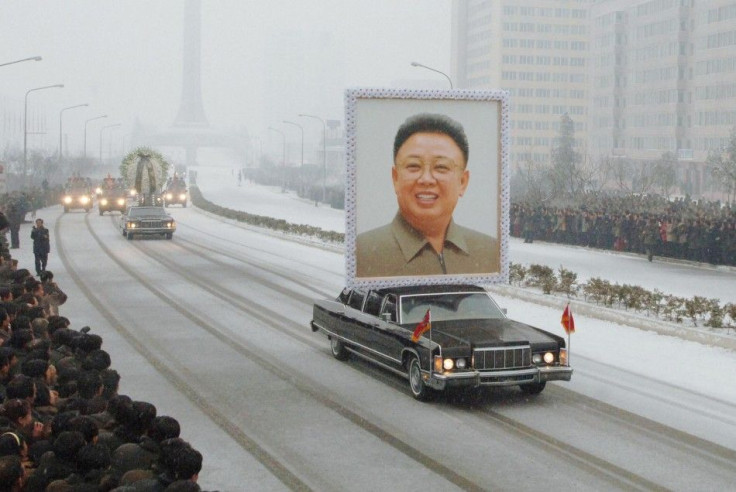Why Does India Have Relations With North Korea?
Analysis

In the wake of the death of former North Korean leader Kim Jong-il, I was surprised to learn that one of the isolated country’s biggest trade partners is India.
Not only that, but both countries mutually maintain embassies and relations appear to be growing closer. Bilateral trade between India and North Korea reportedly totals about $500-million annually, while increasing number of North Koreans are receiving scientific and computer training in India.
Earlier in this year, during a food shortage in North Korea, New Delhi provided $1-million emergency help through the auspices of the World Food Program.
India’s relationship with North Korea seems rather strange -- however, from a purely geo-political strategic basis, perhaps it makes sense.
India is likely trying to serve as a counter-weight to its principal rivals in Asia – Pakistan and China – both of which enjoy warm relations with Pyongyang. Islamabad, in fact, has even exchanged nuclear technology with North Korea -- a development that has caused much consternation in India.
The Indo-Asian News Service (IANS) reported, just following Kim Jong-il’s death, that North Korea and India have been accelerating their trade and diplomatic ties over the past year or so.
Also, India’s growing ties to North Korea doesn’t appear to have rankled North Korea’s bitter enemy, South Korea. (Delhi and Seoul have a robust $10-billion annual trade relationship and there is little chance of that being hurt).
A recent report in India’s Telegraph newspaper stated: “During discussions on North Korea’s request for food, India harbored worries about Seoul’s reaction to any decision to step up contacts with Pyongyang. But in [a] surprise, the South Korean government showed great understanding of the Indian decision.”
And it’s not like India is blind to North Korea’s nuclear ambitions. When North Korea conducted a nuclear test in 2009, India quickly voiced its concerns.
For [North Korea] to conduct such a test in violation of its international commitments would be unfortunate, India’s external affairs Minister S.M. Krishna said at the time.
However, some Indian political analysts do not agree with the government’s attempts to develop warmer ties with North Korea, given its covert nuclear weapons program and close ties with Pakistan.
A recent editorial in The Indian Express lamented: “The departed North Korean dictator will be remembered for helping bring many Indian cities within range of Pakistani nuclear weapons.”
However, Elizabeth Roche of Livemint.com, wrote that India simply wants to make sure that instability in North Korea does not spill over into two of its most important North Asian allies and trade partners, Japan and South Korea.
But she cautioned that although India is one of the countries with a diplomatic presence in North Korea, “[India] has very little leverage with Pyongyang.”
Rajaram Panda, a senior fellow with the Institute of Defense Studies and Analyses, told Livemint: “Any instability in the Korean peninsula will affect entire East Asia and parts of South-East Asia. Much depends on how well [new North Korean leader] Kim Jong-Un manages to take and hold power, the equations between him and the military and between him and his family members who also wield power. If there is a military revolt, usurping of power by some group or the other, it can have major repercussions.”
Rajeev Sharma, of The South Asia Analysis Group, a non-profit, non-commercial think tank, asserted that what happens in North Korea is of great importance to India – and it all has to do with China.
“India’s interests in North Korea cannot be over-emphasized,” he wrote. “Indian interests in North Korea have to begin and end with China. It is China, after all, that has been pursuing a… a strategy of encircling India. China’s close strategic friends are well known, all of whom have been nations like Pakistan, Myanmar and North Korea. Pakistan is currently in a snake pit, has a rapidly deteriorating economy and a tinder box political situation domestically. Myanmar has suffered UN sanctions for decades and has been an iron country for decades sitting in the kangaroo pouch of China. Now Myanmar is showing signs of liberating itself from the clutches of the Chinese and has hosted Hillary Clinton recently. This leaves out only the North Koreans from the list of trusted and tested friends of the Chinese in half a century. If North Korea were to extend an olive branch to the Americans, a scenario that is not unlikely, it will bring the Chinese cup of strategic woes to the brim. And the Indians would not be complaining!”
© Copyright IBTimes 2025. All rights reserved.





















